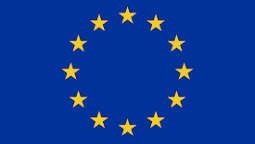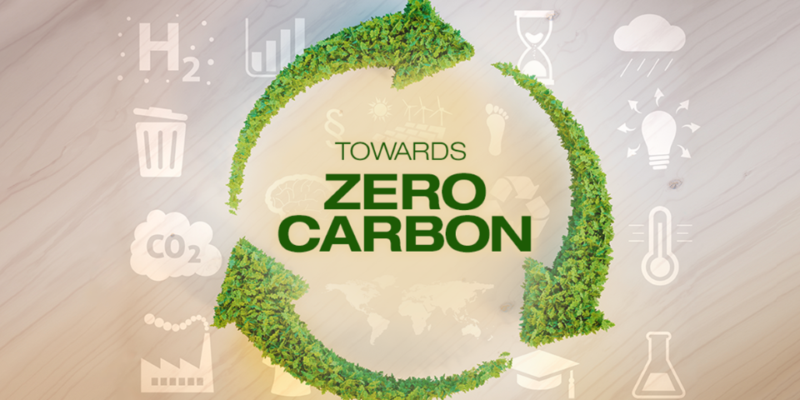The GSMA has warned that mobile network operators across the UK and Europe need to dramatically increase the pace of their emissions reductions if the sector is to achieve net zero by 2050. According to the GSMA’s fifth annual Mobile Net Zero report, global operational emissions in the industry dropped by 8% between 2019 and 2023, even as mobile connections grew by 9% and data traffic quadrupled. However, the report makes clear that annual emissions must now fall by 7.5% through to 2030, over twice the rate seen in recent years, if the industry is to stay on track.
Europe has been highlighted as a frontrunner in climate progress, having cut operational emissions by 56% since 2010, thanks in large part to the adoption of energy-efficient technologies, greater use of renewable energy, and the decommissioning of old infrastructure. In 2023, 37% of electricity used by operators reporting to CDP came from renewable sources, up from just 13% in 2019—helping to avoid 16 million tonnes of emissions globally. Major European networks such as Vodafone, Deutsche Telekom, and Orange are among the 81 operators worldwide to set science-based targets, covering almost half of all mobile connections.
The report also draws attention to the growing importance of circular economy initiatives in reducing the industry’s carbon footprint. With most mobile users now valuing device longevity and repairability, operators are expanding trade-in, repair, and refurbishment programmes. Nearly half of consumers are open to buying a refurbished device for their next phone, a trend particularly visible in the UK, France, and Germany. Refurbished phones can cut emissions by up to 90% compared to new models, and the global second-hand market is forecast to reach $150 billion by 2027, with Europe playing a major role.
Despite progress in reducing emissions from direct operations and energy use, the GSMA stresses that supply chain emissions (Scope 3) remain a significant challenge, making up the majority of the sector’s total carbon output. Operators are now being called upon to develop robust transition plans that address emissions across their entire value chain. These strategies will become central to the GSMA’s Climate Action Programme from 2025, as the industry seeks to accelerate decarbonisation and share best practices at major events like MWC Shanghai and MWC Barcelona.


 Europe
Europe








